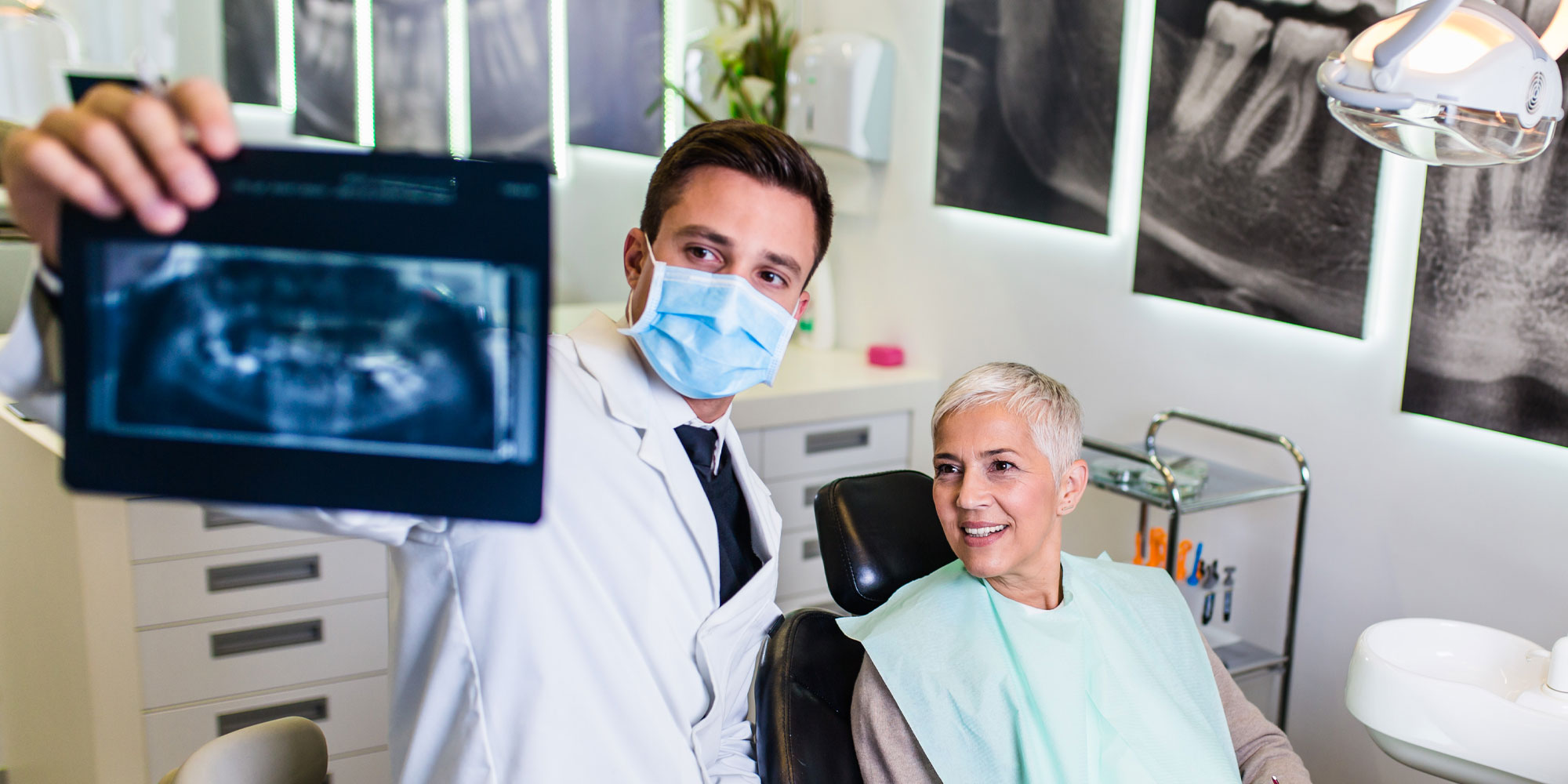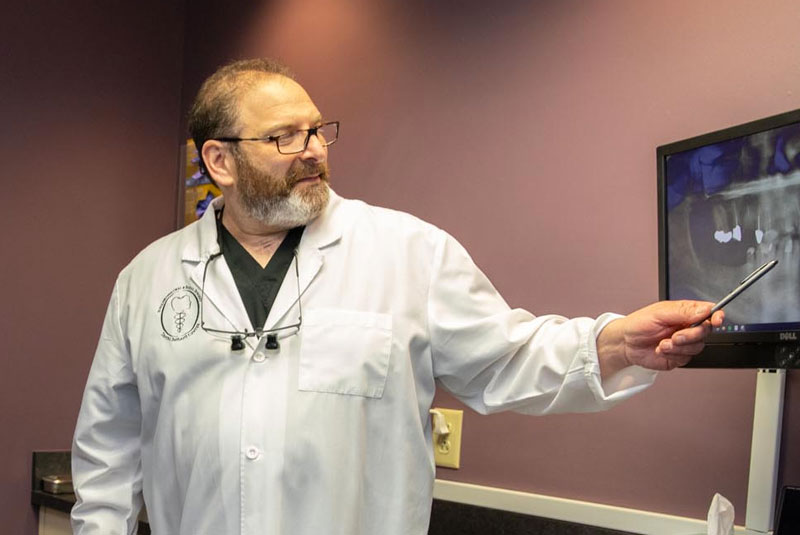
Tooth Extractions Offer Relief—and an Opportunity
Infected, damaged teeth can cause pain so severe that eating, drinking, and even sleeping becomes a challenge. Although we always recommend saving natural teeth, if a tooth is unsalvageable, we advise a tooth extraction to save your overall health. Left in place, a sick tooth can compromise the surrounding teeth, bone, and gums and cause lasting pain. With expert training, our oral and maxillofacial surgeon is considered a specialist in tooth extractions.
With expertise developed through years of additional training after dental school, oral surgeons are prepared for any eventuality. We welcome patients with pre-existing conditions and frequently take cases others turn away. We also offer the comprehensive services patients need during a tooth extraction (anesthesia services) as well as after (bone grafting and dental implants). Using state-of-the-art technology, we not only provide a comfortable surgical experience, but we’re also able to replace your unsalvageable tooth immediately after extraction with a natural-looking dental implant. In just one day we can remove the cause of your pain and provide a new source of confidence. If you’re looking for a trusted doctor for your tooth extraction in Williamsport, PA, see one that can provide the complete care you need for a functional, lasting, and healthy smile.
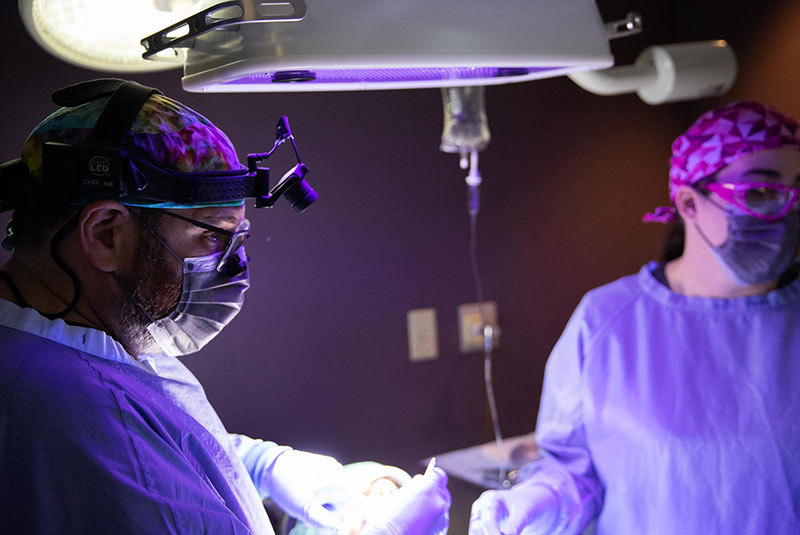
Benefits of Seeing an Oral Surgeon
- Certified sedation treatment for your added comfort
- Experienced care performed efficiently
- Precise and predictable results
- Expertise in treating medically compromised patients
- Less pain and discomfort during and after surgery
- Ease in treating impacted teeth, wisdom teeth, and complex cases
- Faster healing and shorter recovery times
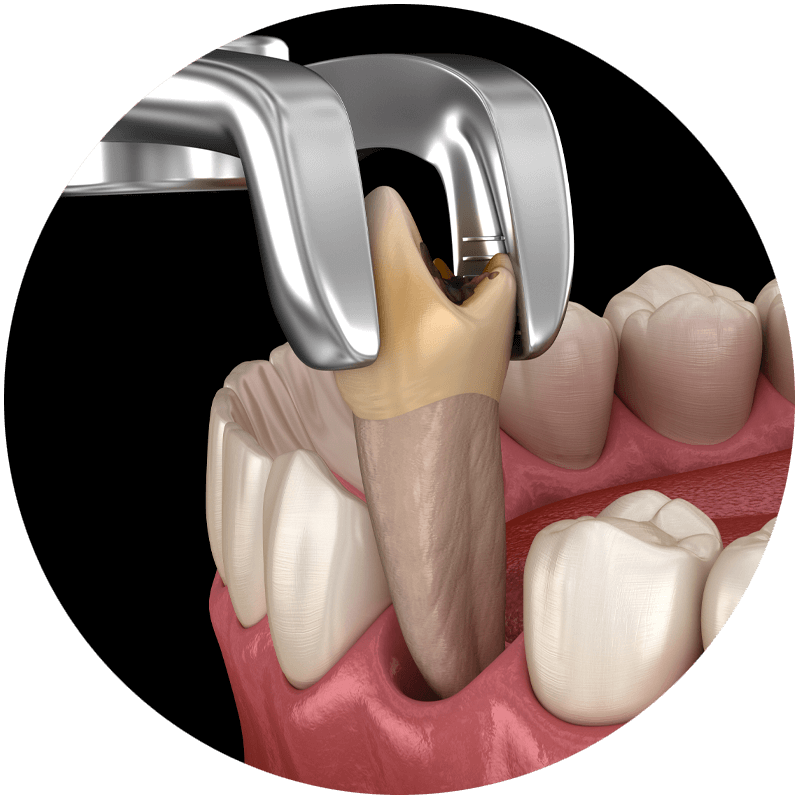
Our Tooth Extraction Process
Tooth extractions are performed every week, if not every day, at Susquehanna Oral & Maxillofacial Dental Implant Surgery in Williamsport, PA. As a result, we’ve refined our process keeping your comfort as our top priority. When you arrive, we’ll show you to your private surgical suite before administering the anesthesia services previously discussed in your consultation. You’ll quickly feel relaxed and will have no pain during your procedure. Depending on the level of sedation you receive, the most you’ll feel is minor pressure as we remove your tooth. If you have an impacted tooth, more extensive work may be required to gain access to your tooth and detach its roots. However, each step of this process will be explained to you in detail before treatment begins. Recovery periods typically last a few days during which time we may prescribe medication to minimize any discomfort. We’ll review post-extraction directions in-depth to avoid complications like dry socket and ensure a swift and easy recovery!
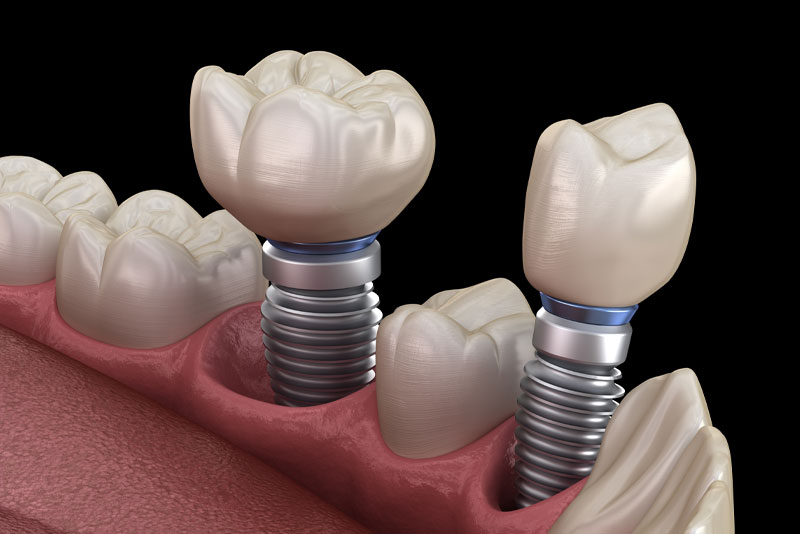
Make Way for an Upgrade
Your tooth extraction shouldn’t be the last stage of your treatment. Except for wisdom teeth, we frequently recommend replacing extracted teeth with dental implants. The only permanent tooth replacement, dental implants look and act just like natural teeth due to their similar structure—post (tooth root) and restoration (tooth crown). The dental implant post is surgically inserted into your jawbone to take the place of your extracted tooth root and includes the added benefit of stimulating healthy bone growth. Once this post has integrated fully with the bone, a custom dental crown is permanently attached using an abutment (connector piece). This tooth will look identical to your natural teeth and provide all the same functional benefits. Receiving this care from a surgical specialist with expert training in dental implants, you will likely be able to have a dental implant placed during the same visit as your tooth extraction. It’ll be as if you’d never had a tooth extracted in the first place!
Trust the extraction experts.
Schedule your consultation with our oral surgeon in Williamsport, PA today!

